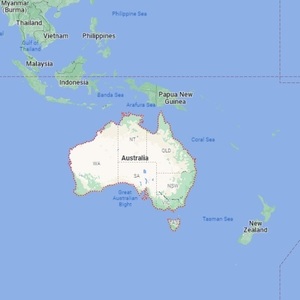
The government of Australia on June 13 announced it is seeking public comments on ways it can incentivize a domestic low carbon liquid fuel (LCLF) industry, with an initial focus on sustainable aviation fuel (SAF) and renewable diesel.
The effort defines LCLFs as liquid fuels that can be produced sustainably from waste materials, biomass, or by combining hydrogen from low- or zero-carbon feedstocks with captured carbon dioxide. Examples of LCLF include SAF, renewable diesel and e-fuels.
The government on June 13 published a consultation paper that describes the domestic opportunity for LCLF production in Australia and outlines several ways it could support the development of a LCLF industry.
Within the consultation paper, the government notes it is considering mechanisms that could be used to deliver production incentives to support Australian sustainable liquid producers. Some of these mechanisms that are currently under consideration include a competitive grant-based production incentive scheme, such as a “contract for difference” scheme, or a fixed grant amount per production unit and a production tax incentive.
The paper also discusses the benefits and drawbacks of mechanisms to create demand for SAF and renewable diesel, including non-binding targets, mandates, and low carbon fuel standards.
The newly launched LCLF consultation is related to Australia’s Future Made in Australia plan, which aims to bring new jobs and opportunities to the country. One component of that plan is a $1.7 billion Future Made in Australia Innovation Fund, which aims to support the deployment of innovative technologies and facilities linked to priority sectors, including LCLFs, green metals and batteries.
As part of the Future Made in Australia plan, the government is fast-tracking support for the LCLF industry, with an initial focus on SAF and renewable diesel that can reduce emissions in fuel reliant sectors, such as aviation, heavy vehicle, rail and maritime transportation, as well as the mining, agricultural and construction sectors.
As part of its announcement, the government also said it has committed $1.5 million over two years to undertake a regulatory impact analysis of the costs and benefits of introducing mandates or other demand-side measures for LCLF.
The public consultation period is open through July 18. The outcomes of consultation are expected to be considered by the government before the end of this year.